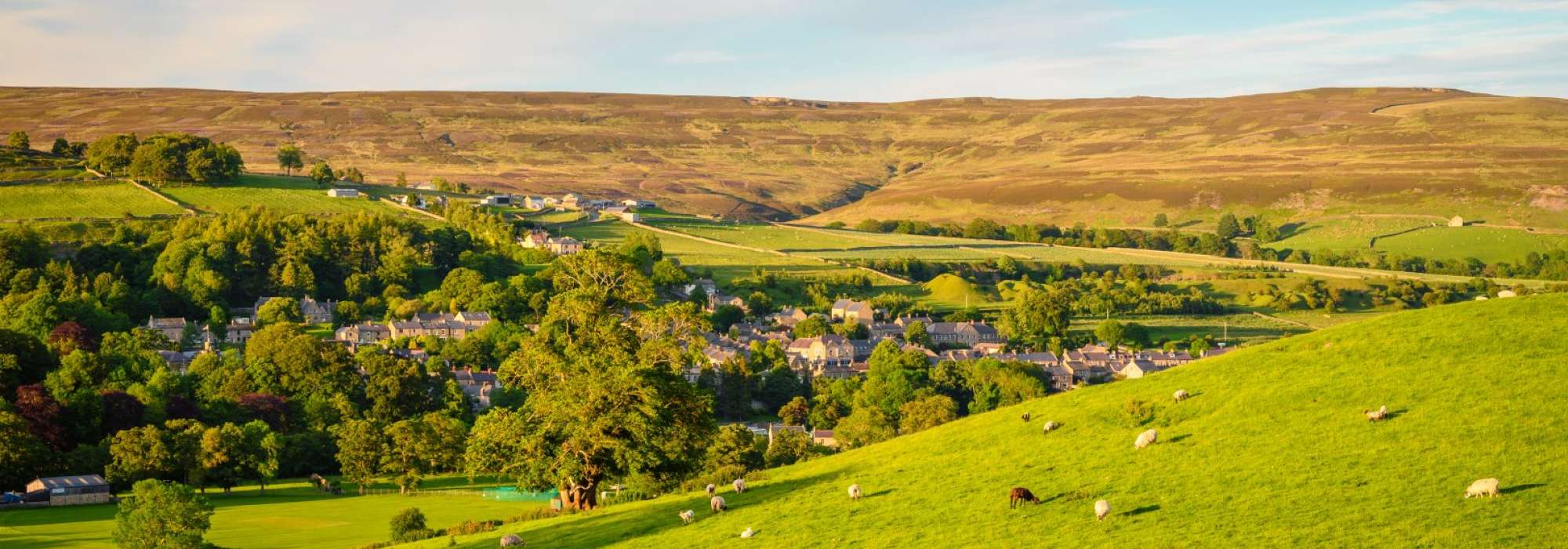Understanding the rules and benefits of grass let agreements
Each new year, the annual grass letting season fast approaches. Katie Proctor, Chartered Surveyor, highlights the benefits of short-term agreements available to landowners.
Short-term agreements provide agricultural businesses with a flexible opportunity without the financial commitment often required when purchasing land. Over the years, H&H Land & Estates has established a strong grass let portfolio with many returning graziers taking land from farms and estates owned by landowners who wish to ensure that their land remains actively farmed.
Katie explains that: “Being a predominantly livestock area, there is a strong demand for grazing throughout the North of England. We let in excess of 5,000 acres on annual grazing licences both privately and on the open market.
Despite demand in for let land on short-term agreements remaining high, there has been no dramatic increase in rent and Katie explains that: “Although rental levels are very much dictated by location, acreage, quality of land, length of grazing period and any restrictions which Licensors may impose, we anticipate that rents will remain relatively stable as they have done in previous years. This is mainly as a result of the prolonged and continued economic uncertainty, which has left the future UK agriculture industry in a vulnerable position.”
Katie also highlights that with regard to Inheritance Tax and grass letting, to achieve full relief, the landowner must ensure that good management and positive husbandry of the grass, such as general maintenance to the land, is not only continued to be carried out but also documented. The CAAV advise that 'good evidence of husbandry should come in the form of contemporary records, invoices, field books and witnesses to the facts'.
Katie advises: “although grazing licences provide many benefits, caution must be taken by anyone wishing to claim agricultural property relief (APR) from Inheritance Tax on a farmhouse or business property relief as a farmer in the future”.
According to the Central Association of Agricultural Valuers (CAAV,) a recent decision by the First Tier Tribunal stated that: ‘Grazing licences are not evidence enough by themselves, there must be proof that the farmer was undertaking the care of the grass being sold to the grazier’ and ‘although the land could still qualify for full APR on its agricultural value, the house and any other business assets would not qualify for APR or BPR’.
